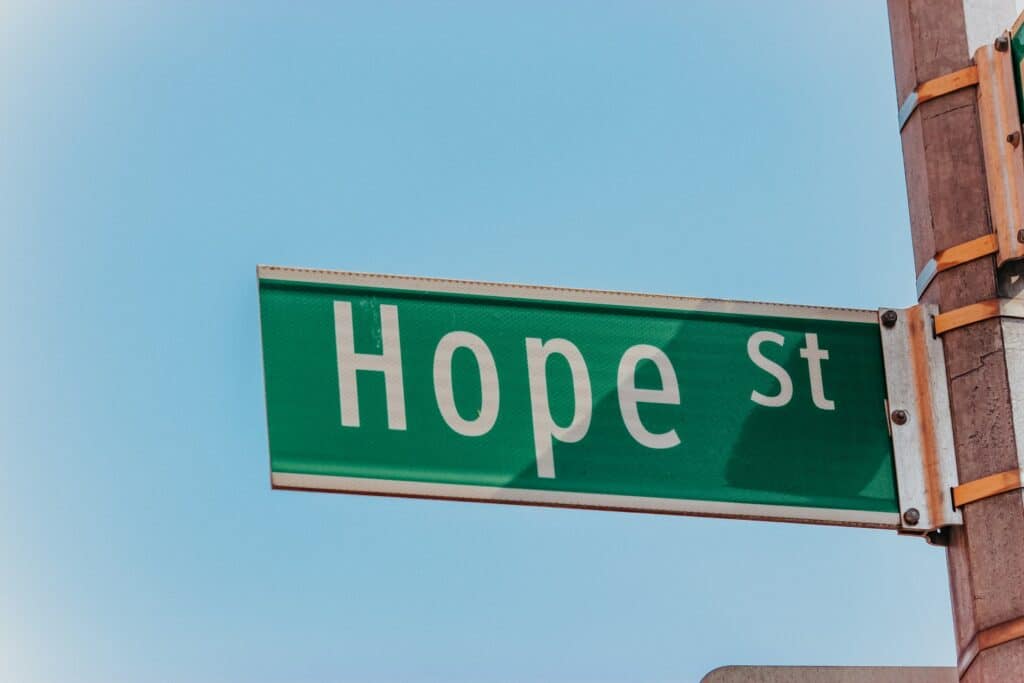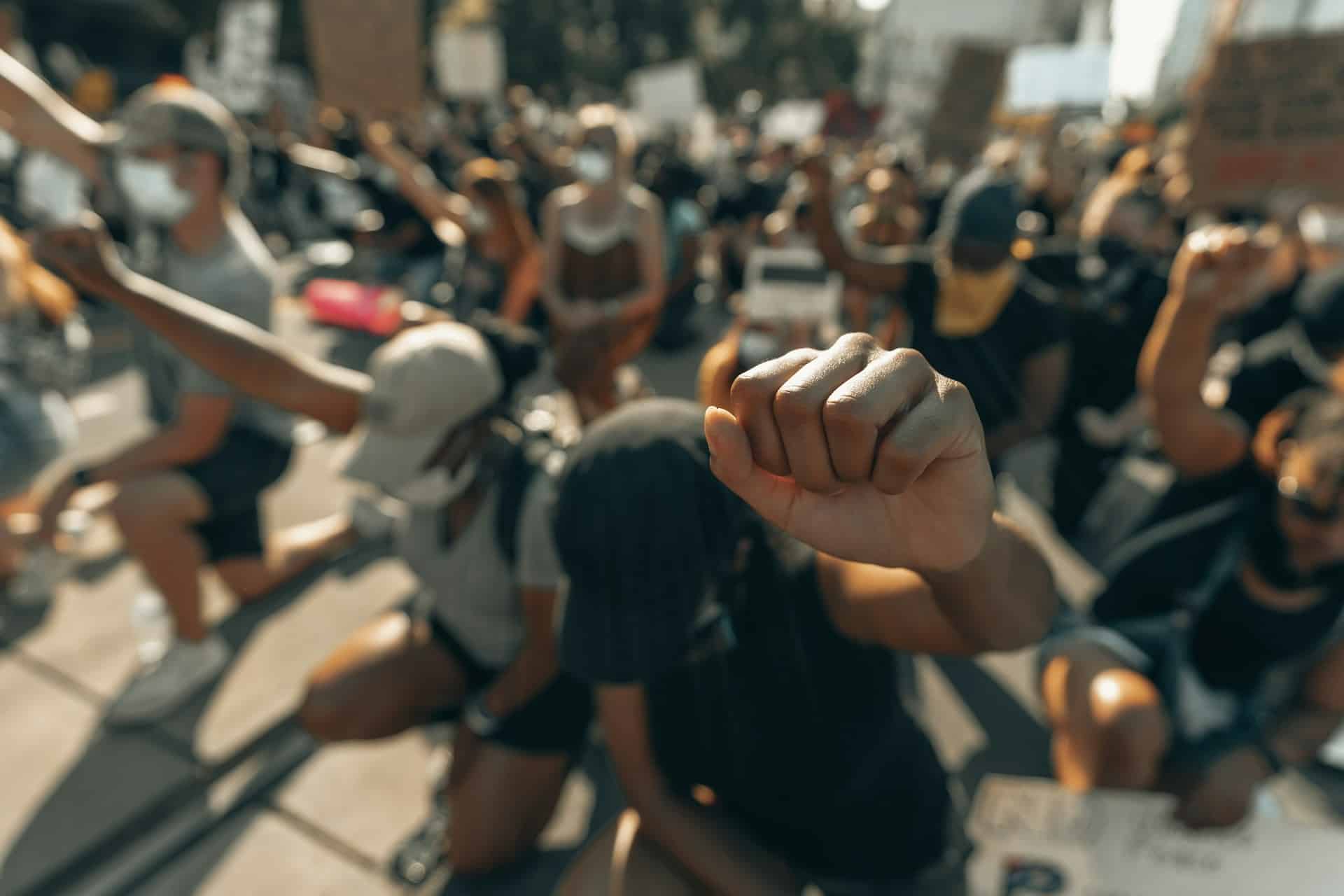The Arab Spring of 2011 was stupid.
It’s an infantile and embarrassing example of how social media will hijack human frustration and our natural desire to build a better world, and convert those impulses into compelling optics to drive platform engagement, and in this case, participation in a doomed and violent escapade. Very few people are qualitatively better off in the aftermath of these flashmob uprisings. The overwhelming majority of the involved populations remain crippled, either by the total absence of security or exponentially worse repression. They must also contend with the plummeting economies of the failed states they helped to create.
Ten years later we had the January 6th riots in the United State Capitol Building. Equally silly for its prioritizing optics over substance, what could have been a powerfully symbolic movement capturing the imagination and aspirations of oppressed peoples everywhere has become a meme with several lives ruined in the process.
And now a health-insurance CEO has been shot and killed in New York, enlivening the conversations about massive wealth accumulation by the elites at the expense of American health. People around the world are lionizing the shooter and there is a palpable revolutionary fervor.
But it won’t go anywhere.
The Reason Revolutions Fail

There won’t be a revolution, or at least not a successful one anyway. Success here means that the revolt leads to a meaningful and enduring change in keeping with the demands of the revolutionaries. This could be a simple revision in policy or even total regime change, but the point is that something gives, with those supporting the uprising coming out on top.
And that’s why modern revolutionary efforts fail.
There is no plan. There is no proven leadership to replace the old guard. There is nothing of substance to follow the initial, boisterous sallies of angry, and possibly violent people.
Passion is not policy.
The term used by revolutionary cells to describe their activities is organizing. Unfortunately for the idealists within these movements, organizing does not generally go much further than planning their next protest or disruption. They are hoping that these activities will command the attention of policy makers who will use their power to influence decisions on behalf of their constituents.
But these policy makers are beneficiaries of the status quo. More than that, these activists will encounter a jaded and divided public, men and women preoccupied with their immediate concerns and annoyed by the inconveniences introduced by the more conventional forms of activism. Through a polarizing media apparatus, the state systematically manufactures public apathy and division to arrest these intermittent expressions of citizen anger. Movements devolve into the circulation of smudgy manifestos among disaffected peoples who eventually give up on or grow out of their idealism.
A Better Way

Although not nearly as cathartic as gluing oneself to the Mona Lisa, a successful revolution requires that we simultaneously divest from established power and build the institutions required by the people. These institutions will be rudimentary, foundational things, really just demonstrations of solidarity and teamwork. But they will also become the proving ground for future leadership.
Their power is in their promise, for now.
We want this to be a practical guide, so here are some suggestions for two kinds of institutions we can design together. These are ideas, points of inspiration and reflection. These are not fully fleshed-out plans. And for those unfamiliar with this space and our work, we direct our appeal first and foremost to the Muslim American community who we take to be the circumspect and considered revolutionaries of the near-future, God willing.
All of this will take time, coordination, and sacrifice. These ideas will not generate revenue, at least not for some time. These are investments of goodwill, the dividends of which may not be realized for a generation or more. As has been said by many others, we plant trees today knowing that the benefit of their fruit and shade is reserved for those yet to come.
Interest-Free Lending

People don’t have the money they need to get by.
The current landscape of interest-free lending is largely restricted to payday cash-advance schemes with predatory penalties. There’s got to be a better way, and there is.
Inspired by the Nobel Prize winning work of Muslim micro-finance pioneer Muhammad Yunus, we can look to Kiva, an interest-free domestic lender that guards against risk through what they call “social underwriting.” If you have a business idea and a plan that is sufficiently exciting for your friends and family to invest in, Kiva will promote your idea to their network of lenders.
But this “network” is really just a bunch of people like you and me who review the featured lending opportunities and commit to an amount of not less than $25 which, if it all works out, will be repaid and then can ultimately be reloaned. Our contributions circulate from one start-up to another, potentially unlocking financial independence for so many. Founded in 2005, it’s a fantastic model with enough longevity to demonstrate proof of concept.
Even so, it’s a tragic reality that not even this seemingly egalitarian initiative could avoid sinking into a capitalist morass of hidden fees and absurdly compensated CEOs.
We’ve had Muslims enter the crowdfunding space, with Launchgood being the obvious example. Also not without significant and worrisome criticism, we nevertheless have in their example another viable platform that can be tweaked to replicate and potentially even scale the work that Kiva had been doing so well. Muslims are generous people, though perhaps with an insular tendency that prioritizes Muslim-led initiatives over others. We require a revolutionary change in mindset to envision how it is we might serve the larger human family through our charitable nature while at the same time building in anticapitalist protections like executive salary caps and publicly auditable financial disclosures.
Public Health

Preserving wealth is one thing and protecting health is another.
Healthcare is both essential and expensive. And while we won’t argue about the indispensable nature of healthcare, we do believe that much of the purported expense is manufactured. Policy changes and government subsidies could offset most if not all of the expenses associated with medicine, but this would require a radical reprioritization entirely inconsistent with the rapacious, capitalist ethos undergirding our system.
We can’t wait for them. We need to find a way to care for one another that ignores the government entirely.
We can learn from the currently existing, but very fragile healthcare cooperatives. These are health provision plans owned by the participating members and providers. It’s a risk-pooling approach where we all still pay monthly premiums into a big pot that the most unhealthy among us will drain off. That’s what communities do- we help one another.
In addition, we would still be subject to an annual deductible. That’s an important provision giving us pause before we tap the well. On the surface it feels like any old insurance company, but with two key differences: 1) we own it and 2) any remaining monies at the end of the year are reinvested into the plan rather than pocketed by shareholders. Over time, this could allow us to further expand coverage and/or reduce costs.
Getting something like this funded is a challenge. You need enough people willing to invest, but we have options today that can absolutely stretch our healthcare investments, perhaps reducing the total number of participants required for a viable program.
Telehealth, for example, allows for low-cost, remote clinical engagement with consistently good outcomes, especially in the areas of primary care and health education. You don’t necessarily need to visit your doctor. Instead, you can schedule a video call. Early and consistent engagement with the healthcare community may reduce the need for future emergent and much more expensive interactions. Remote monitoring equipment like blood pressure cuffs, scales, thermometers, and glucometers can all transmit realtime information for regular evaluation. In addition to the convenience this might represent for participants, clinicians can work from home, eliminating office overhead and minimizing payroll expenses.
Funding specialists, imaging centers, labs, and inpatient hospital stays is daunting, but not impossible. Shrewd negotiation of contracts and the healthcare cooperative’s status as a non-profit allowing for tax-deductible donations are at least two more ways of offsetting costs. Existing infrastructure such as our local mosques can potentially double as clinical space for at least some of this work saving everyone even more money.
With the abundance of Muslims practicing medicine, information technology, and law, there is no reason this cannot happen. There are barriers, of course, but it’s not like this is even pioneering work. Others have led the way.
Our task here is only to improve on their brave work.
Build First

Every revolution fails because we prioritize tearing down over building up. We let our emotions dictate the terms of our campaign and we need to be smarter than that. We also have the opportunity to spread this work across a couple of generations for maximum effect.
The older folks among us are the builders. We have the experience, resources, patience, and problem-solving skills to model a better future. By focusing on how we can preserve and build health and wealth among the people, we are in an excellent position to earn their trust and admiration.
Our passionate youth are the ones to get the word out, through disruption and protest, art and performance, and through their dynamic social networks. But instead of simply shouting down the establishment, the work of their elders will lay the foundation of something that they might now call others to, with God’s help and permission.
We are Muslims.
And this is our job before anyone else.
Leave a comment below for posterity or join us in the D&T Chautaqua Discord to discuss this post with other adventurous spirits from around the world.

This is really inspiring, jazakallah khair. I’m all in inshallah!